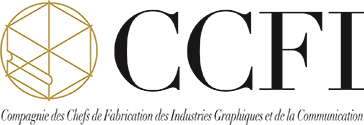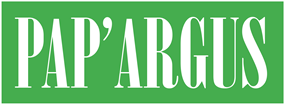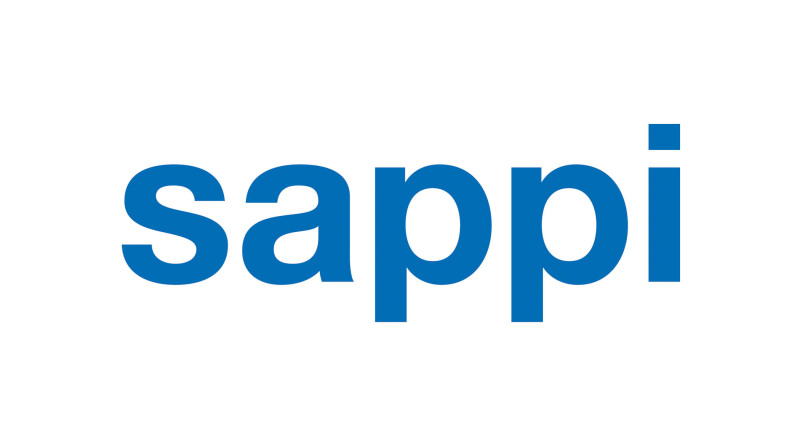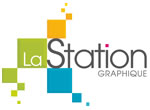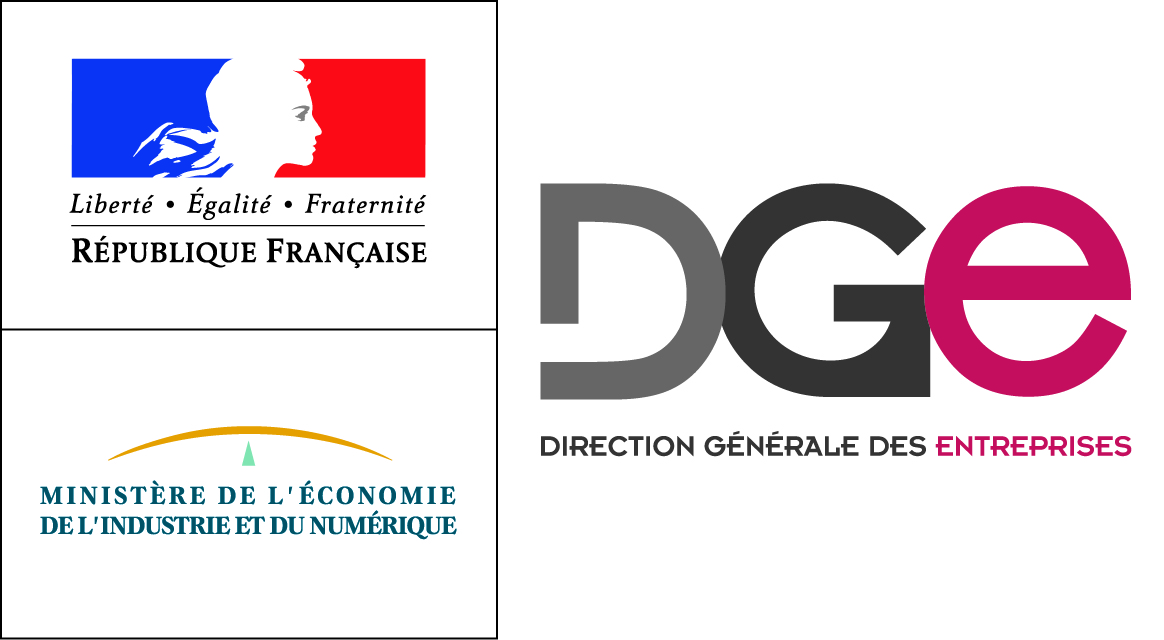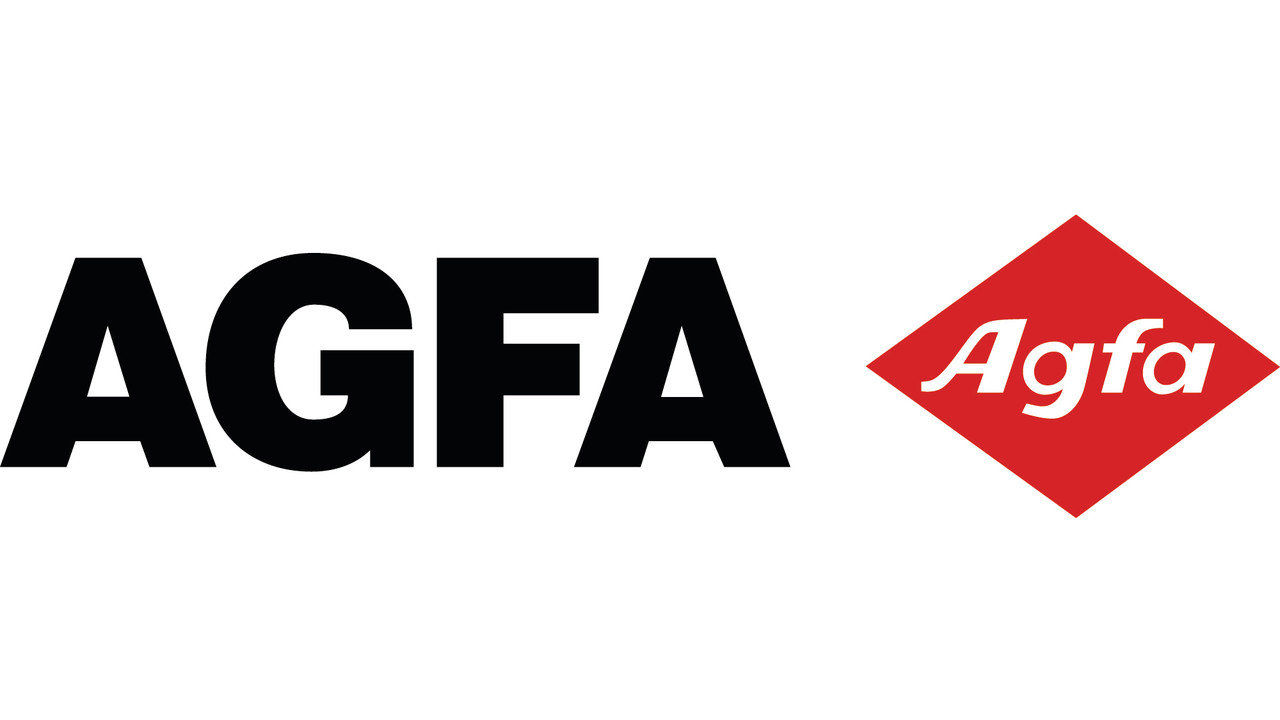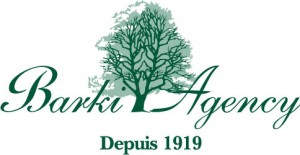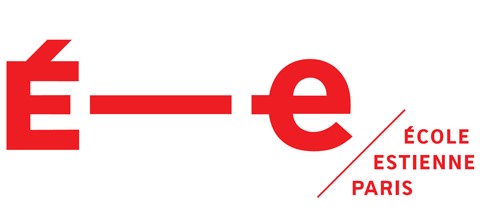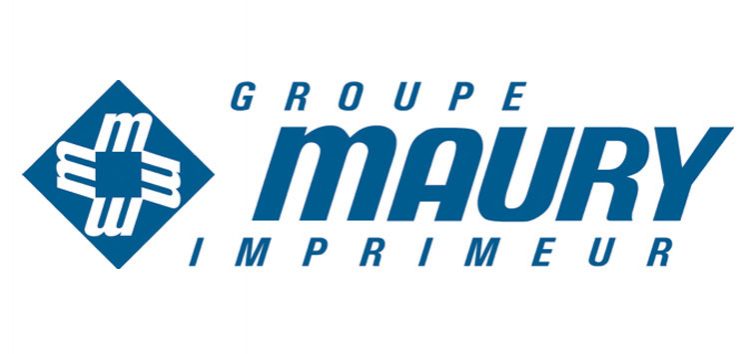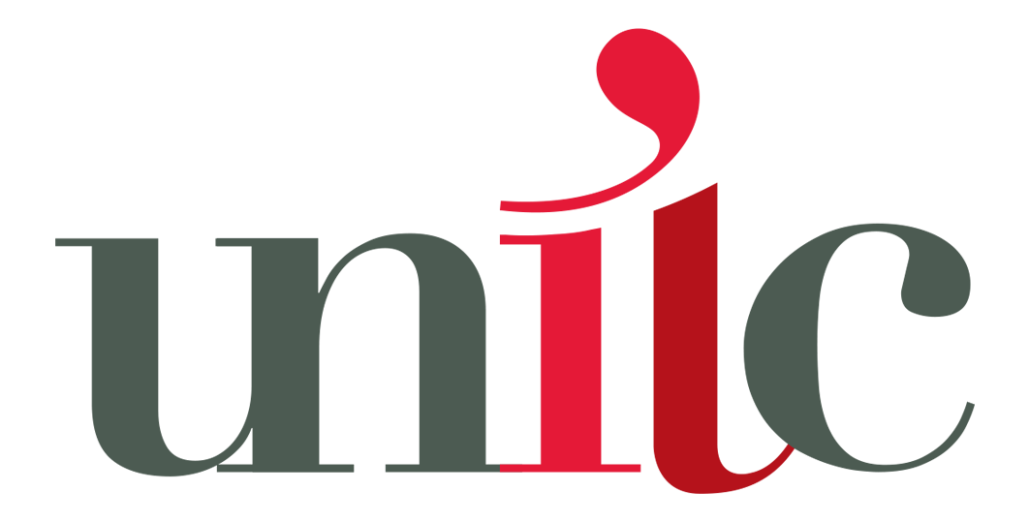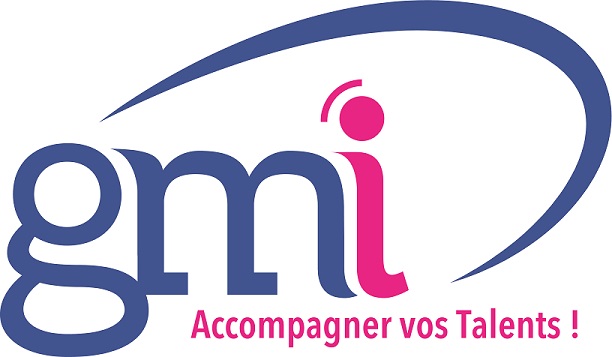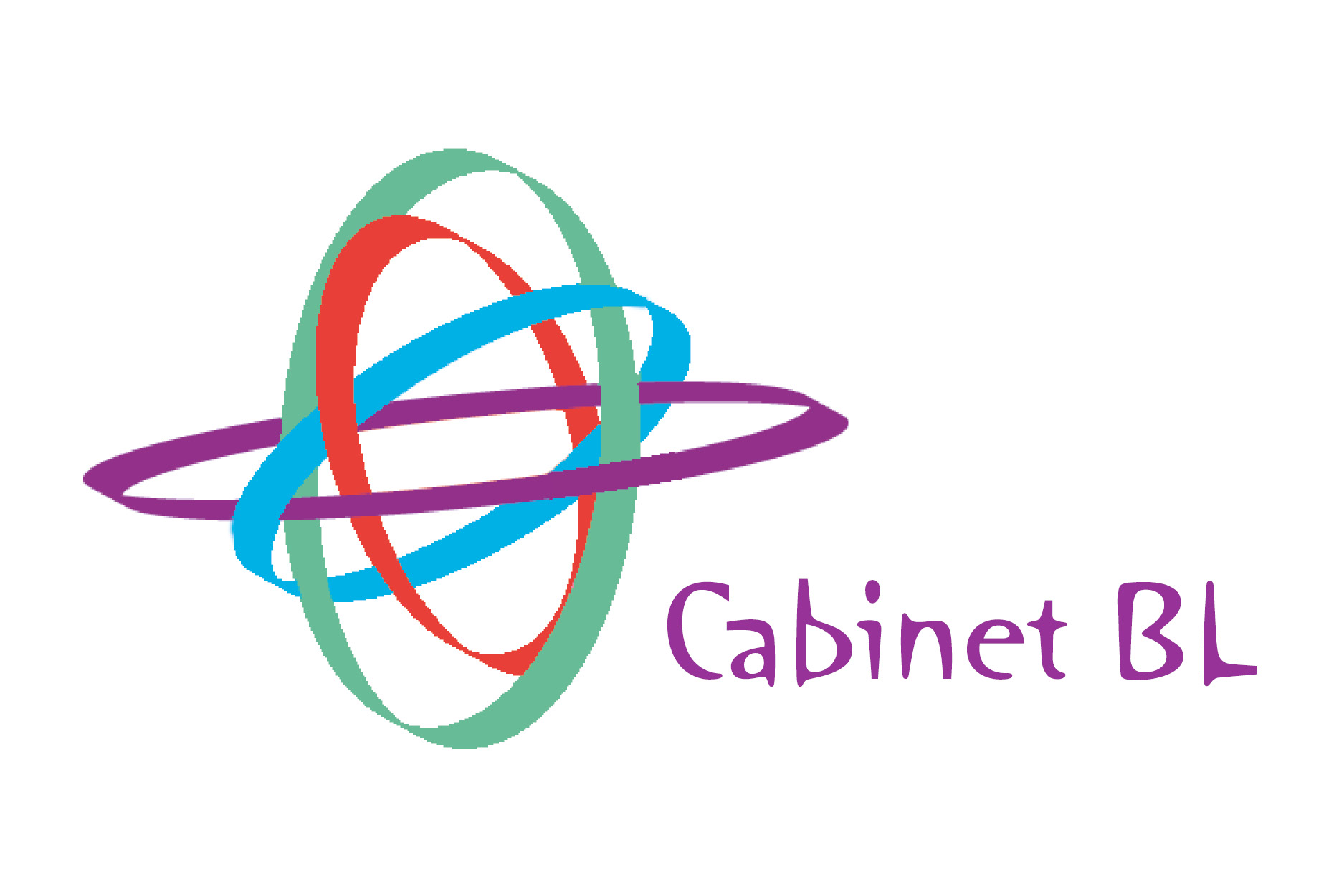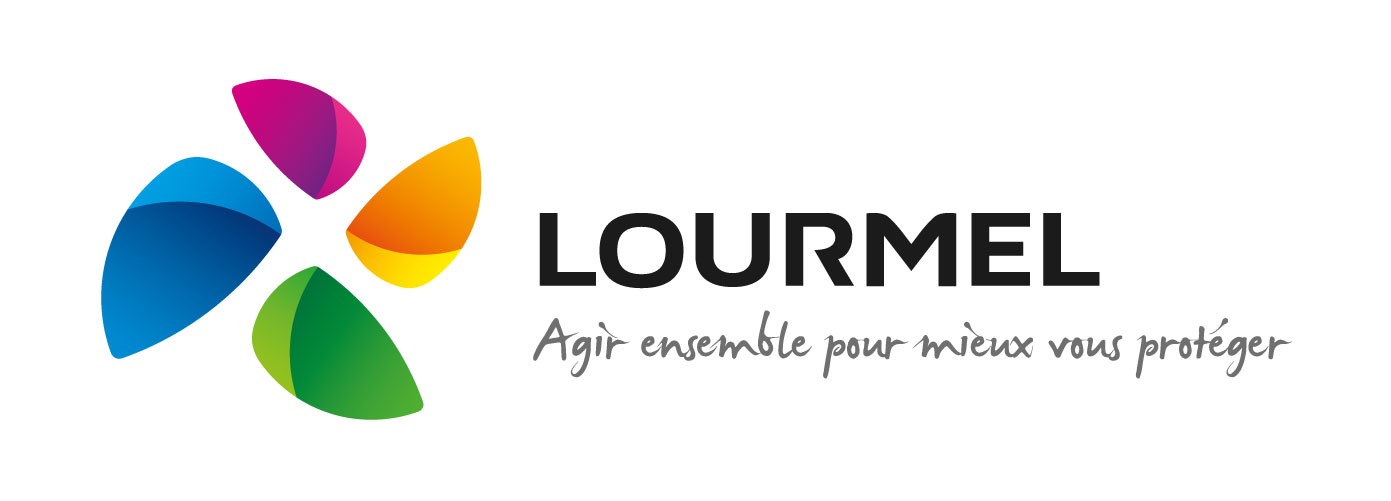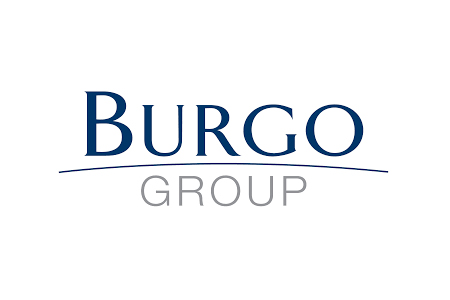Total UK publishing revenues down 2% in 2018; consumer book market stable
UK publishing industry revenues overall stood at £6.05bn in 2018, down 2% on the previous year (£6.15bn), according to the PA Publishing Yearbook 2018, just released. Within that, total consumer book revenues were broadly steady, down just 0.1% to £1.9bn. Export sales remained crucial to publishers in 2018, stable year-on-year at £3.5bn, and at 59% of the market, but with revenues from East and South Asia – dominated by the China market – rising 6%.
Across the total span of publishing, there was a 3% year-on-year increase in digital sales income (to £2.6bn), and a 5% drop in physical sales (to £3.4bn), driven more by the digital shift in the hefty academic and professional market rather than by consumer revenues.
Overall consumer book sales fell marginally (0.1%) to £1.91bn, but within that print books were down £16m, and home consumer book sales down £30m to £1.3bn. Consumer e-book sales dropped for a fourth year (£251m), but audiobook downloads surged (£69m)—between 2014 and 2018, publisher revenue from consumer e-books has fallen by a fifth, whereas audiobook download sales have trebled.
The PA has changed its methodology for the latest Yearbook, and for the first time is including calculations to cover the entirety of journals publishing, as well as figures to cover self-publishing; meanwhile more publishers than before are contributing their data to the report. This means the figures cited are in some instances very different from those cited last year, but all percentage increases and decreases have been adjusted so that they accurately represent revenue changes like-for-like from 2017-18.
Bright spots for publishers in 2018 included non-fiction/reference, which after consistent increases in recent years was up a further 1% to £954m, and children’s publishing, up 3% to £368m. However fiction revenues fell 3% to £588m (£386m, UK), thought to be the lowest total recorded by the Yearbook, and certainly the lowest in the last five years.
The invoiced value of consumer e-book sales fell for a fourth year (down 2% to £251m) despite the introduction of non-traditional publisher numbers such as those books self-published, by Amazon, and from digital presses; UK digital fiction sales rose marginally to £149m thanks to the upsurge in audio sales, but did not offset the decline in print. The widening of the digital data-set, extrapolated from Nielsen consumer data, added £65m in sales to the former (when compared to the figures released last year), and £40m to the latter, suggesting self-publishing and digital-only presses represent about a third of both market sectors, swelling the market but not by as much as some might have expected.
Education had a bad year, with total revenues falling 6% to £319m, while ELT fared little better, dropping 5% to £269m.
In the academic market, journals revenues were up 4% like-for-like on 2017’s total; the changes in methodology mean that the Yearbook now arrives at an impressive total of £2.1bn, over one third of total publishing revenues. However the invoiced value of UK publisher sales of academic and professional books (digital and physical combined) fell 9% to £1.1bn, driven by a 13% fall in the value of physical book sales in the sector.
Publishers Association c.e.o. Stephen Lotinga [pictured] noted that 2018’s performance followed on from an « absolutely record » 2017. « It’s a difficult trading environment now, so publishers are still doing incredibly well, » he said. « We were very pleased that non-fiction, after a stellar year in 2017, saw a slight increase – it’s far and away the strongest part of the consumer market. » But he described the fall in fiction as a « worrying » trend, saying: « Because of the corresponding increase in non-fiction sales, there’s probably a bit of consumer preference [in terms of whether readers are choosing fiction or non-fiction], but there is a concern that fiction is the category that is most exposed to competition for our leisure time. »
Of academic, Lotinga noted that journals were doing « very, very well », and he drew attention to the high proportion of sales coming from export markets, saying: « In 2018 it was £2bn overall, and £1.8bn of that came from overseas sales. It’s obviously important to reflect upon that when we are embarking on a major review of Open Access. » But the fall in academic physical book revenues was becoming « quite stark », he noted, saying: « It’s a mix of squeezed library budgets, and squeezed student budgets – whether students can afford to buy books. And there is clearly a move in a lot of universities towards not having recommended texts anymore, but, with high tuition fees, providing more flexible course materials themselves. »
Meanwhile education had had a « tough » 2018, he said: « Some of that you would expect, because we had a curriculum change in 2016 so naturally there would be a spike in sales as schools sought to get learning materials which reflect the new curriculum [and a consequent drop-off]. But a 6% fall – you wouldn’t expect such a big reduction, particularly at a time when the government are telling schools they need to invest in physical textbooks. So we are concerned that we are seeing the impact of a sustained period of frozen schools budgets and we have to be realistic that unless there is greater funding going into our schools, then they are not going to be able to afford the course materials that our children need. »
Lire : The Bookseller du 26 juin
